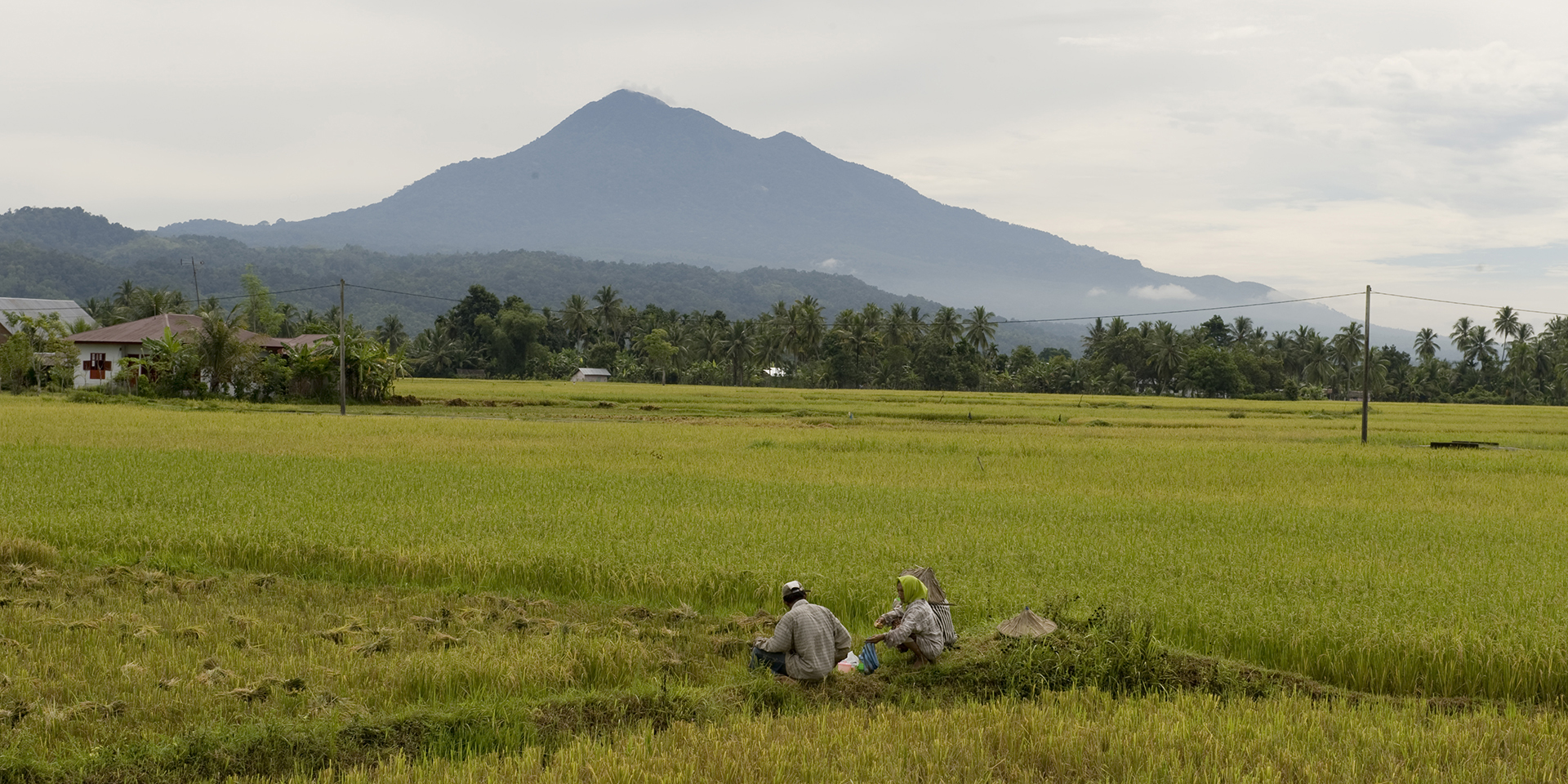
Promoting Inclusive Governance from the Land Up
August 12, 2014 | 3 Minute ReadDebates over land ownership continue to bring up problems of social justice and governance, especially for marginalized groups around the world.
The count of African countries supposedly increased by one in June, when a Virginia man planted a flag in the disputed territory of Bir Tawil and claimed himself king of “North Sudan.” He based his claim on the doctrine of terra nullius, “land not under the sovereignty of any state.” The news article was something of a novelty piece, and despite posing a challenge to the region’s previous soi-disant ruler, the claim is dependent on legal recognition from the United Nations and other entities who may have more pressing concerns at hand. But his action is a replica, writ small, of the types of land dealings that increase insecurity and threaten livelihoods around the world – and a reminder of the responsibility governments have to be accountable for the protection of land rights for their residents.
When European colonization accelerated from the 16th century onwards, the doctrine of terra nullius — discovery and possession of “unoccupied” lands — became a common means of acquiring colonial land, along with other land consolidation policies that implied that the state with the power, not the people with the presence, are the ones who make the rules. For example, in Australia, the British Crown did not recognize aboriginal use of land under terra nullius doctrine because common law considered these inhabitants to be without laws; consequently, these occupied lands were acquired for the Crown. Jointly with three other methods of acquiring colonial land — conquest, persuading indigenous populations to submit to colonizer’s rule, and purchasing of land — terra nullius doctrine contributed to a canon of laws that neither recognized customary tenure systems nor allowed for native populations to hold title.
Historical cases in which an occupying power claimed territory under terra nullius principles have slowly been overturned in constitutional courts. However, for local residents around the globe who have been overlooked, nomadic, or disenfranchised (or all three), there are serious consequences for their long-term cultural preservation, social justice, and economic equity as a result of the perception that their presence on the land did not constitute legitimate use or ownership. And these are consequences not only for individuals, but for the state as well.
Colonization has given way in some places to a new wave of large-scale land transactions in which states’ and investors’ consultations with locals does not meet the standards outlined by international instruments such as the FAO’s Voluntary Guidelines on the Responsible Governance of Tenure. Despite Bir Tawil’s apparent status as a genuinely unoccupied territory, media coverage of the ease with which the “king” invoked terra nullius propagates a static and antiquated notion of what rights are conferred by power. And it obscures dynamic and vital debates at the intersection of land and governance: debates over how to determine who owns land, who can use land, and who governs this use.
The first two objectives of USAID’s 2013 Strategy on Democracy, Human Rights, and Governance are, first, promotion of participatory, representative, and inclusive political processes and government institutions and, second, fostering greater accountability of institutions and leaders to citizens and to the law. Support for inclusive and accountable governance under both objectives can both directly and indirectly support the standards set by the Voluntary Guidelines for land governance. The strategy provides an entry point for donors and implementing partners such as Chemonics to continue assisting countries to design governance frameworks that harmonize land rights with other social and economic rights and have adequate channels for dispute resolution. This support can range from policy guidance to updating of land registration systems to institutionalizing customary practices like tribal mediation to help resolve conflicts.
From the general tone of the Bir Tawil story in news outlets—flip and fluffy— we also have a responsibility to spread awareness of land tenure’s historical complexity and the contributions land governance makes as a basic component of an equitable and secure state. Even in the case of an unwanted sliver of land, or rather, especially in the case of an unwanted sliver of land in a volatile area where tumultuous land claims persist, the consequences for land rights set by dubious precedents are nothing to shake a homemade flag at.












